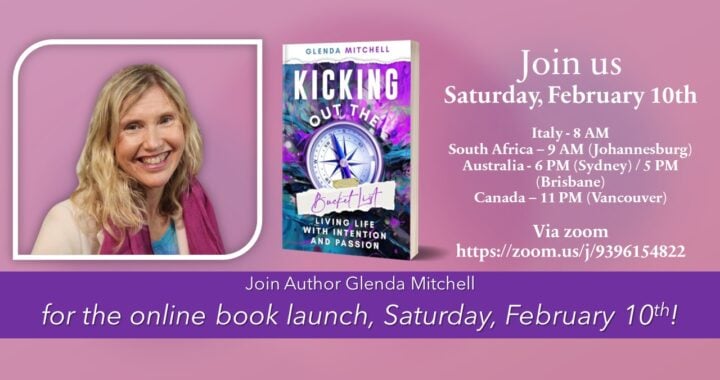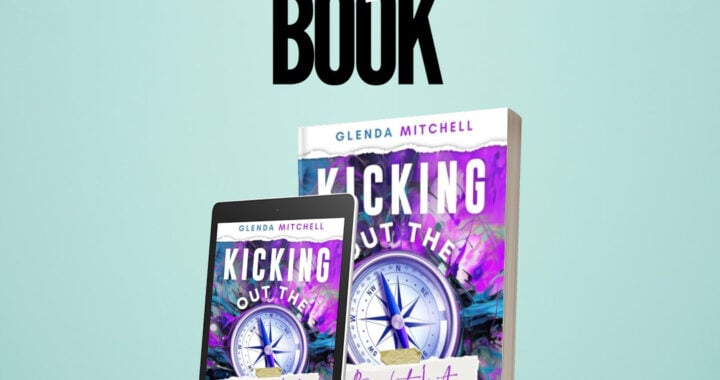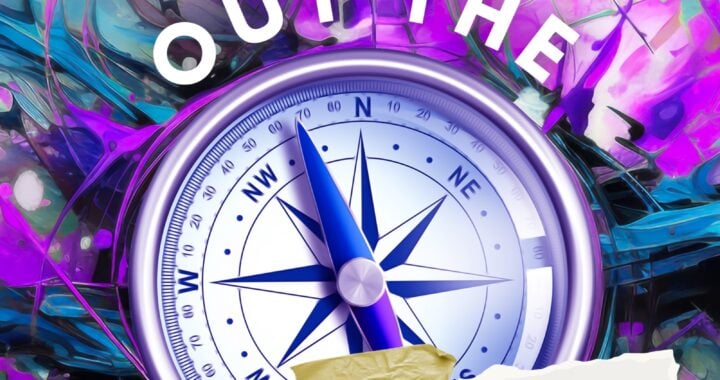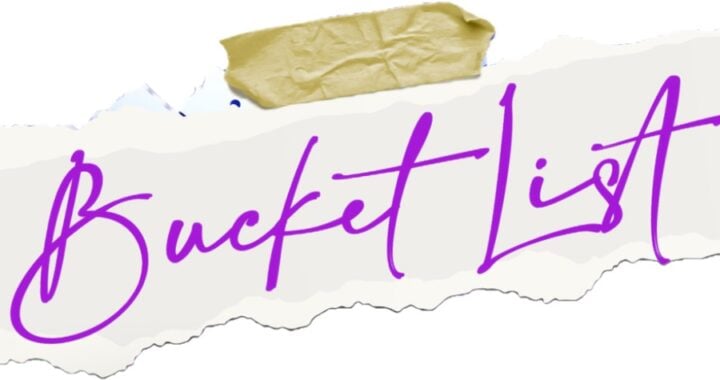Filling the glass

How often have you heard the terms “glass half full” and glass half empty”? What do they really mean?
Generally accepted
According to Wikipedia “Is the glass half empty or half full?” is a common expression, a proverbial phrase, generally used rhetorically to indicate that a particular situation could be a cause for pessimism (half empty) or optimism (half full). Or if we refer to the Cambridge dictionary a ‘glass-half-full person’ is an optimist, someone who always thinks that good things will happen. Meanwhile a ‘glass-half-empty person’ is a pessimist, someone who always thinks that bad things will happen.
The underlying premise tends to be that a person is labelled as one or the other. Furthermore, half full is good and half empty is bad. After all, don’t we all need to be positive, who wants to hang around with a negative person?
What if we looked at it a little differently?
Close your eyes and visualise two glasses of equal dimension, the same in ever respect, standing next to each other on a table. Each of these glasses contains the same amount of water. The level of the water in both glasses reaches half-way up the glass. What is the difference between these two glasses?…….you’re right, absolutely nothing!! What do the glasses have in common?….again you’re totally correct, absolutely everything!! So now for the million dollar question – which one is half full….and conversely which is half empty? For the third time, you’re spot on……no idea!!
Which glass is better?
Imagine you are still looking at these glasses on the table and your friend walks into the room. He/she has just been for long walk in the hot sun and is parched, cannot wait to have a drink of water. Which glass would he/she be likely to choose? Warning: You may not have the correct answer this time. If I were the thirsty friend, I’d probably go to the cupboard, find a big glass and fill it to the brim with water!! OK, I capitulate, said friend may pick up one of the glasses on the table, take it to the tap or fridge and fill it. Either way, there’s little or no likelihood he/she would be satisfied with only half the water but would rather maximise the amount of liquid the glass is able to hold. So does this make the dehydrated person an optimist or pessimist? Again, you probably had it first time – neither.. he/she just saw the potential that the glass held and maximised it.
Can optimism be apathy in sheep’s clothing? Or just plain laziness
To be clear, I’m not saying we don’t want to be optimistic. We do want people to be hopeful and confident about the future. But that doesn’t always mean remaining with the status quo, accepting that the glass is half full and that’s a good thing, it’s all ok. Sadly, the result is still a glass containing only half the amount of water that it is able to carry. On the other hand, if someone isn’t satisfied with the glass not being full, but sees the potential in the glass and makes every attempt to fill it, should they be regarded as a pessimist? Or is a better question – what potential exists in the situation to make it as good as it can possibly be?
A wise man once said “the only thing necessary for the triumph of evil is for good men to do nothing”.
Do we always need to fill the glass?
I’m not criticising all glasses that are not full. There are times when half a glass is sufficient, serves the purpose, where we should aim to be content with what there is and not always have to have more.
What I do believe is that we should make an assessment of the water level in the glass, come to terms with it and make a conscious decision what to do. If there’s the potential to do so, and it’s of benefit, maybe we should consider filling it. Rather than just accept “half” for the sake of being perceived to be positive, maybe it’s time to come to terms with the fact that a glass with only half the amount of water may not be filling its potential. Let’s accept that there’s another half that can be filled and take the steps to do so.
In the words of Winston Churchill “a pessimist sees the difficulty in every opportunity; an optimist sees the opportunity in every difficulty.” Instead of worrying about whether we’re perceived as optimistic or pessimistic, let’s consider the potential in the situation and make a choice how to maximise it. Let’s think potential and turn all difficulties into opportunities.




 Run a Marathon
Run a Marathon  Online Book Launch
Online Book Launch  New Book Release
New Book Release  Book Cover Reveal
Book Cover Reveal  Sneak Preview
Sneak Preview  Imminent Book Release
Imminent Book Release